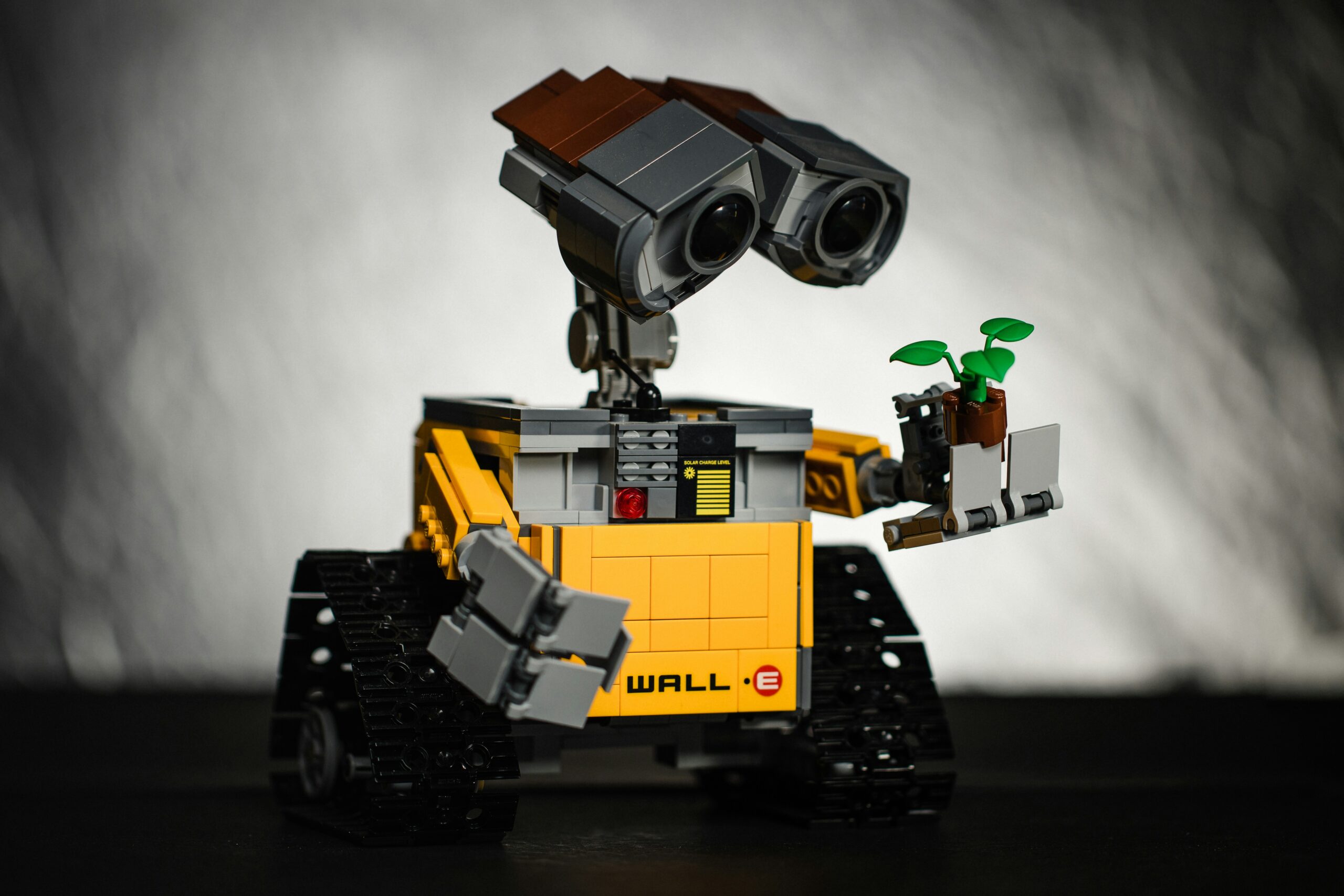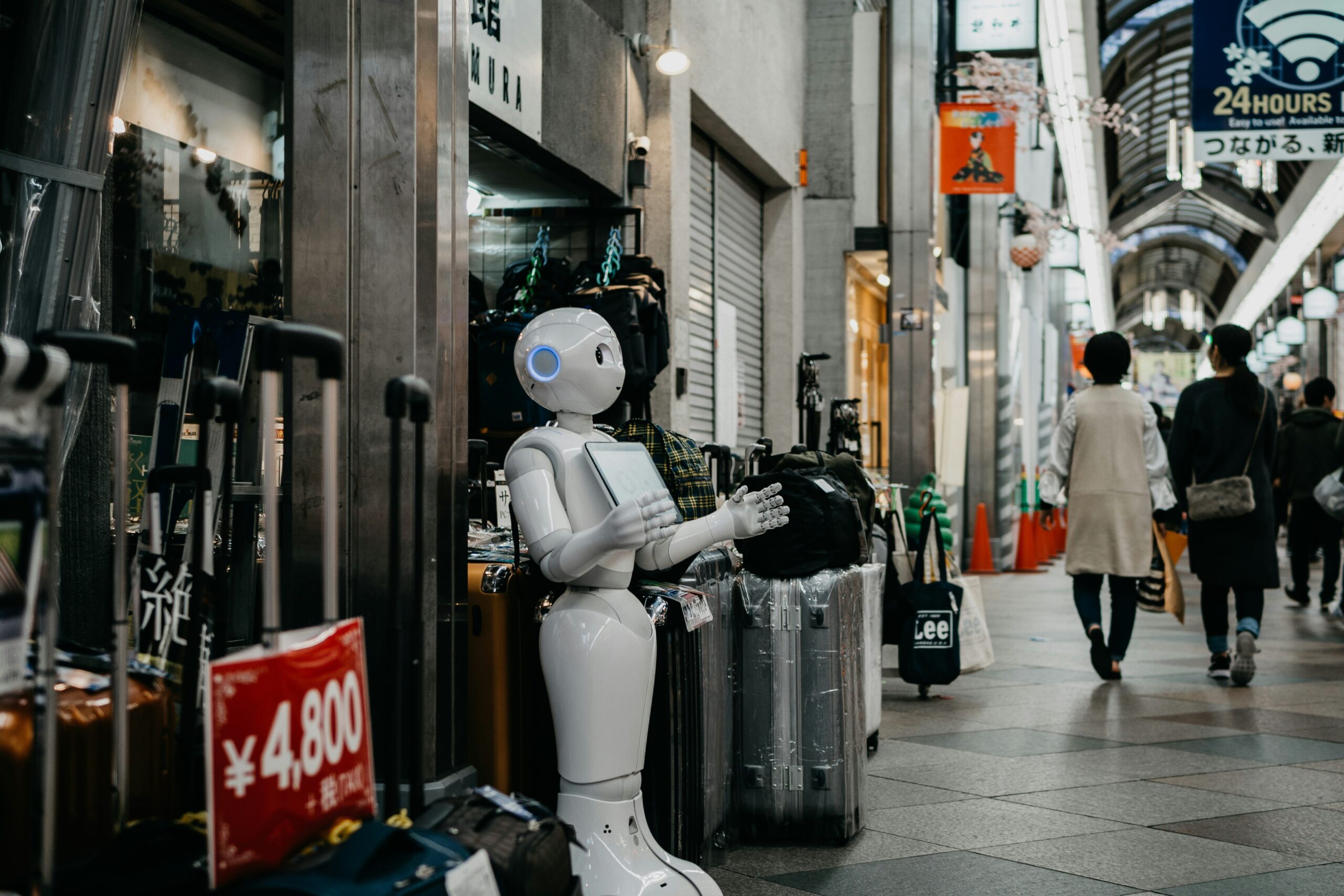The Future of AI in Education

The Future of AI in Education: Personalized Learning and Beyond
The education sector is on the cusp of a revolution driven by artificial intelligence (AI). From personalizing the learning experience to automating administrative tasks, AI holds immense potential to transform the way we teach and learn. This article explores the exciting possibilities that AI presents for the future of education.
Beyond Automation: AI Tailors Learning to Individual Needs
While automation is a significant aspect of AI’s impact on education, it goes far beyond simply replacing teachers. Here’s how AI can personalize learning:
- Adaptive Learning Platforms: AI-powered platforms can analyze student data, including strengths, weaknesses, and learning styles. This allows for dynamic adjustments to the curriculum, providing students with personalized learning pathways that cater to their individual needs.
- AI-Powered Tutors: Virtual tutors powered by AI can offer targeted support and feedback, addressing specific student misconceptions and providing additional practice in areas requiring improvement.
- Language Learning Tools: AI can personalize language learning by analyzing speech patterns and recommending exercises that target pronunciation or grammar difficulties.
Revolutionizing Assessment: Moving Beyond Standardized Tests
AI can transform how we assess student progress:
- Real-Time Feedback: AI-powered systems can analyze student work in real-time, providing immediate feedback that allows for course correction and deeper understanding.
- Personalized Assessments: AI can create assessments that adapt to individual student progress, measuring mastery of concepts rather than rote memorization.
- Focus on Skills Development: AI can assess and track the development of critical thinking, problem-solving, and collaboration skills, complementing traditional assessments.
The Rise of the Intelligent Classroom: A Collaborative Learning Environment
The future classroom will likely be a blend of human and AI instruction:
- AI-Assisted Teachers: AI can free up teachers’ time from administrative tasks and repetitive instruction, allowing them to focus on personalized guidance, mentorship, and fostering creativity in the classroom.
- Immersive Learning Experiences: AI can power virtual reality (VR) and augmented reality (AR) simulations, creating interactive and engaging learning experiences that bring abstract concepts to life.
- Global Collaboration: AI translation tools can facilitate communication and collaboration between students across the globe, fostering intercultural understanding.
Challenges and Considerations: Ensuring Equity and Responsible Use
While AI offers a wealth of opportunities, there are challenges to navigate:
- Access and Equity: Unequal access to technology could exacerbate educational disparities. Ensuring equitable access to AI-powered learning tools is crucial.
- Teacher Training and Support: Teachers need training to effectively integrate AI into their teaching practices and leverage its potential to enhance student learning.
- Data Privacy and Security: Protecting student data privacy and ensuring responsible use of AI algorithms are paramount.
The Future of Education: A Human-AI Partnership for Learning
The future of education with AI is not about replacing teachers, but rather creating a powerful human-AI partnership. By harnessing AI responsibly and ethically, we can create personalized learning experiences that cater to individual needs, foster creativity, and empower all students to reach their full potential.
As AI continues to evolve, the classroom will transform into a dynamic and engaging environment where students can learn, explore, and develop the skills they need to thrive in the 21st century. The journey towards a future powered by AI in education has just begun, and its potential to revolutionize learning is nothing short of extraordinary.


